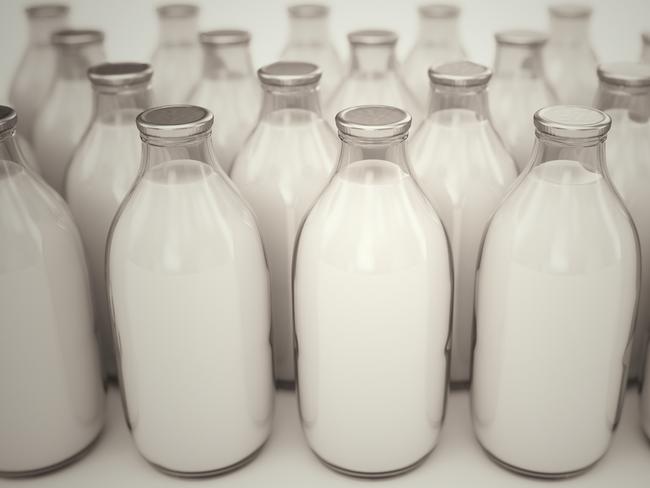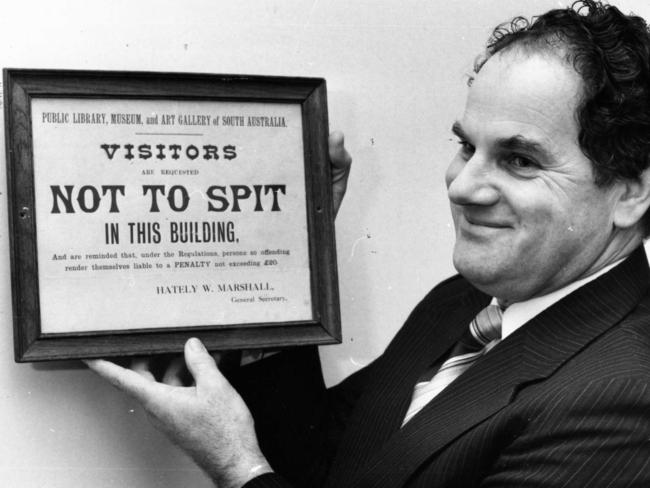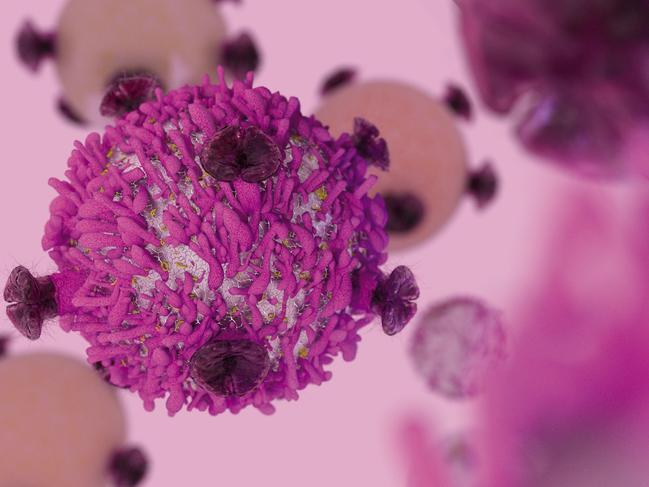
Gene discovery may revolutionise vax
Australian scientists have helped identify a genetic reason why some people never display symptoms after contracting Covid-19 in a finding that could prove crucial for the development of better vaccines.

Australian scientists have helped identify a genetic reason why some people never display symptoms after contracting Covid-19 in a finding that could prove crucial for the development of better vaccines.

Guidelines for assessing heart disease risk have been overhauled for the first time in a decade, with new guidelines for diabetics and coronary artery calcium scoring now included.

Magic mushrooms could be offered to women suffering with terminal cancer to help with anxiety and depression, doctors have said.

Australia urged to facilitate earlier diagnosis and intervention in Alzheimer’s disease, as trials find a new drug can slow cognitive decline by 35 per cent if given early.

Trial results of a new Alzheimer’s drug show it dramatically slowed decline.

New research could lead to new immunotherapies for cancer or vaccines for infectious diseases like strep A and tuberculosis.

A new test for Alzheimer’s is moving from trials into the clinic, opening the door to detecting, and treating, the disease earlier.

The maker of AI designed to keep chatbots on the straight and narrow is run by former OpenAI staff who thought ChatGPT was too commercial.

Cheryl Hobbs tried everything to alleviate the serious depression that crept up on her in her 50s, but nothing worked.

NASA has marked a year of discovery by the James Webb Space Telescope with a spectacular image of stars being born.

Researchers say their findings suggest helping older people to start and maintain social connections could help stave off dementia.

PNG authorities say Harvard research team took meteorite fragments from a remote tropical seabed without obtaining permission.

The science is in – full-fat milk is the healthiest for almost everyone. Here’s what it says about weight maintenance and saturated fat.

Time appears to have run five times slower in the early universe, scientists say, after using quasars as ‘clocks’ to confirm the phenomenon.

Intense workouts can curb your appetite in a similar way to weight-loss jabs. Here, experts reveal what to do, and when, to keep you from post-gym snacking.

Angus Cave’s sperm was stored for 26 years before his son Noah was conceived using it. But sperm cryostorage is not universally available around the country, sparking calls for change.

Orca ‘attacks’ on boats have puzzled experts – but all-out conflict with humanity is unlikely.

A far off planet which should have been destroyed in a stellar apocalypse mysteriously still exists. Astronomers think they know why.

Four volunteers, two men and two women, have taken up residence in a mock base built by NASA to simulate living on the red planet.

In the near future we could have drugs that decide how to treat you and quantum computers that tweak the laws of physics.

Thirty-one of Australia’s best and brightest high school students will be unveiled on Monday as the country’s representatives to compete in the international science olympiads in coming months.

It has been two years since we broke the story on The Australian and Sky News that three scientists working for the Wuhan Institute of Virology fell sick with Covid-19. Now ‘patient zero’ has been identified.

The first people to be sickened by SARS-CoV-2 were scientists toying with the virus at the Wuhan Institute of Virology, a new investigation has revealed.

Bob Edwards was an anthropologist and archaeologist whose fascination with the art and lives of First Nations Australians preserved so much for future generations.

Australian scientists pioneer a new type of therapy, which re-engineers a patient’s own T-cells, that could result in 80 per cent of cancers being curable.

A surge of ‘millions’ of cases risks overwhelming health services unless urgent action is taken to prepare for patients with more complex needs.

The shape of your brain — rather than the connectivity between its different parts — determines how an individual thinks, feels and behaves, Australian scientists reveal.

Black tea, apples, berries and even a bit of dark chocolate could help to keep your mind sharp.

A blood test that can detect those at early risk of Alzheimer’s is a step closer.

In a major coup, an Australian company has secured the global intellectual property rights for an environmentally-friendly iron flow battery which is infinitely scalable.
Original URL: https://www.theaustralian.com.au/science/page/15